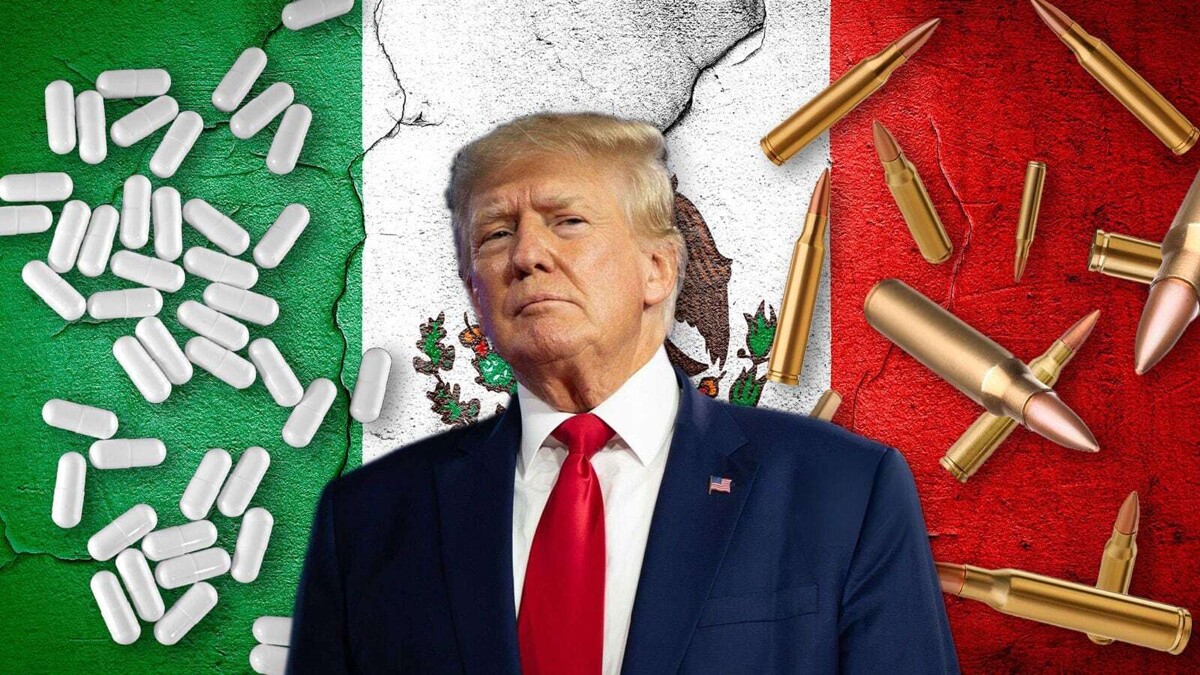
In the trade war, domestic consumption plays an important role, while in the fight against drug trafficking, closing the border could increase the distribution of drugs within the country's territory. Trump's proposal to relabel Mexican cartels may lead Mexico to broaden its complaints against gun manufacturers and take measures to cut off resources for drug traffickers. In this sense, it is important to remember that cartels do not aim to deliberately poison Americans, but rather that they consume drugs voluntarily.
Shifting resources allocated for the surveillance of Islamic terrorist groups to focus on Mexican cartels could weaken the United States' capabilities in the fight against terrorism. This, in turn, could motivate companies to implement stricter measures to prevent money laundering and ensure the identification of clients.
The proposal to designate cartels as foreign terrorist organizations raises specific requirements, which could have various consequences. However, it is worth noting that this would not necessarily imply a direct intervention by the United States in Mexico, but rather that established legal processes would be followed and bilateral cooperation would be maintained.
Within this context, it is important to consider that the designation of FTO would allow for the prosecution of criminal organizations and those who support them, applying harsher measures in terms of criminal and financial penalties. On the other hand, there are concerns about the impact this decision could have on the fight against jihadism, as there are fears it could dilute efforts against this type of terrorism.
In this sense, it is essential to maintain a balance between actions against cartels and the prevention of other threats, such as international terrorism. Cooperation between countries is crucial to effectively address these challenges without neglecting any areas of risk.













